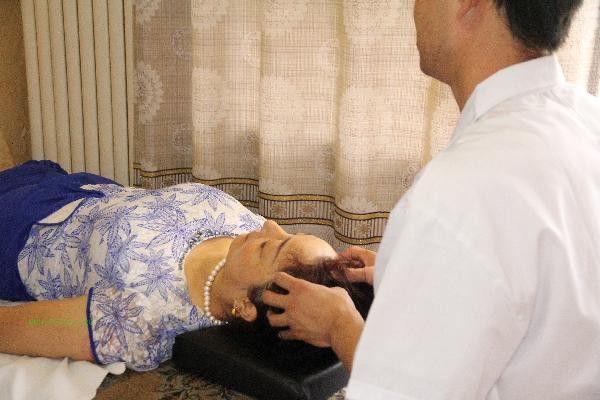It is recommended to consult a pediatrician or gastroenterologist if a child vomits and makes a gurgling sound in the stomach, which may be related to digestive disorders, acute gastroenteritis, intestinal obstruction, food allergies, and dysbiosis of the gut microbiota.

1. Pediatrics
Pediatrics is the preferred department for treating common diseases in children. If a child experiences vomiting, excessive bowel sounds (stomach gurgling) accompanied by fever and decreased appetite, pediatricians will prioritize screening for infectious gastroenteritis or digestive disorders caused by improper diet. Doctors may recommend blood and stool routine tests, and if necessary, prescribe medications such as montmorillonite powder and Bacillus subtilis bifidobacteria granules to regulate gastrointestinal function. Parents should pay attention to recording their children's vomiting frequency, stool characteristics, and dietary history.
II. Gastroenterology
When symptoms recur or are accompanied by severe abdominal pain and bloody stools, it is necessary to refer to a gastroenterology department for further examination. This department can exclude diseases such as intussusception and lactose intolerance through abdominal ultrasound and food intolerance testing. For suspected cases of allergic enteritis, doctors may recommend suspending suspicious foods and using racemic ketoconazole granules to alleviate symptoms. Parents need to cooperate with doctors to provide detailed family allergy history information.
III. Emergency Department
If a child experiences persistent vomiting leading to dehydration (such as reduced urine output, dry lips), severe crying, or abdominal distension, they should immediately call the emergency department to rule out intestinal obstruction and other emergencies. Emergency doctors will use abdominal standing radiographs to determine whether there is intestinal dilation or gas-liquid level. In severe cases, fasting and intravenous fluid replacement are necessary. Parents should not self feed or use antiemetic drugs.
Fourthly, when vomiting accompanied by high fever, watery stools, and group onset, it may be related to infectious gastroenteritis such as norovirus. The infectious disease doctor will conduct rotavirus antigen testing and prescribe oral rehydration salt III to prevent dehydration. Parents need to strictly disinfect the clothes and utensils of their sick children to avoid cross infection within the family.
V. Pediatric Surgery







Comments (0)
Leave a Comment
No comments yet
Be the first to share your thoughts!